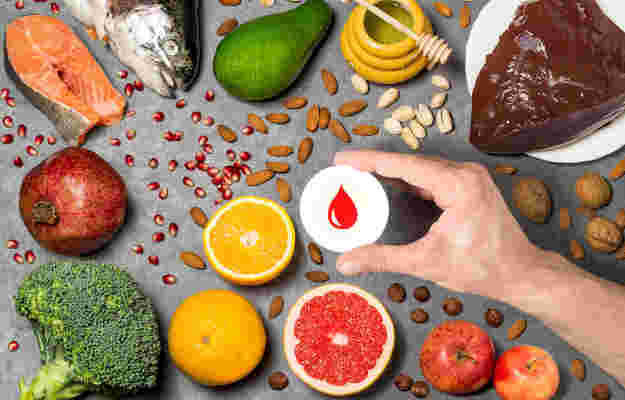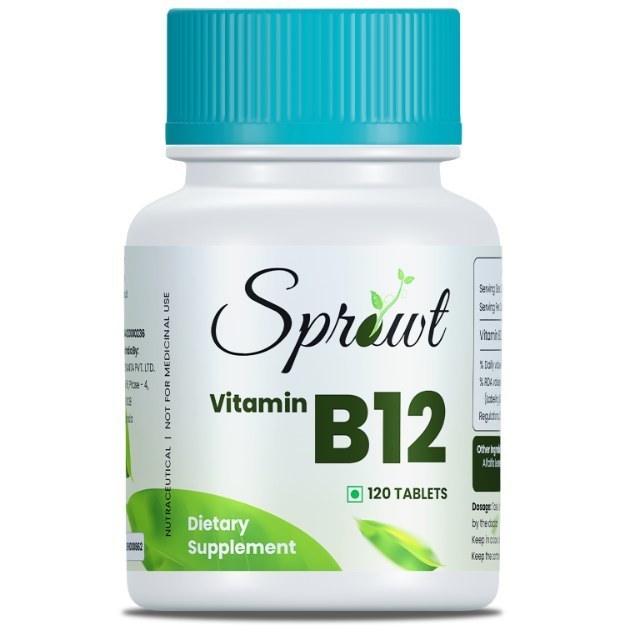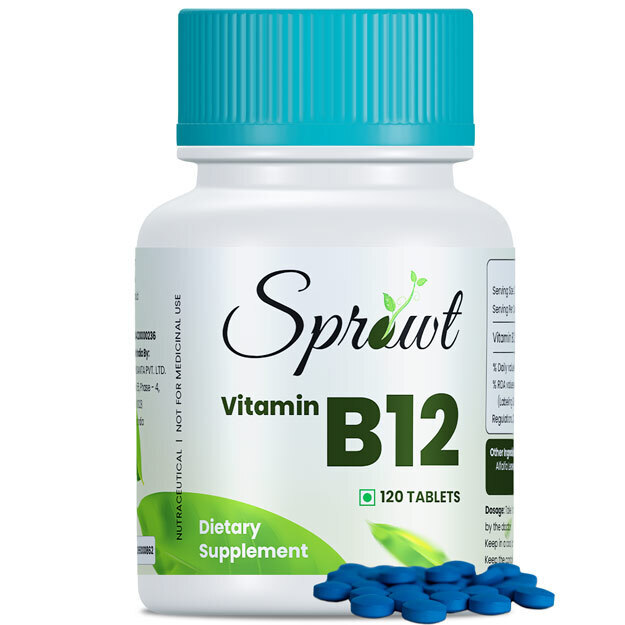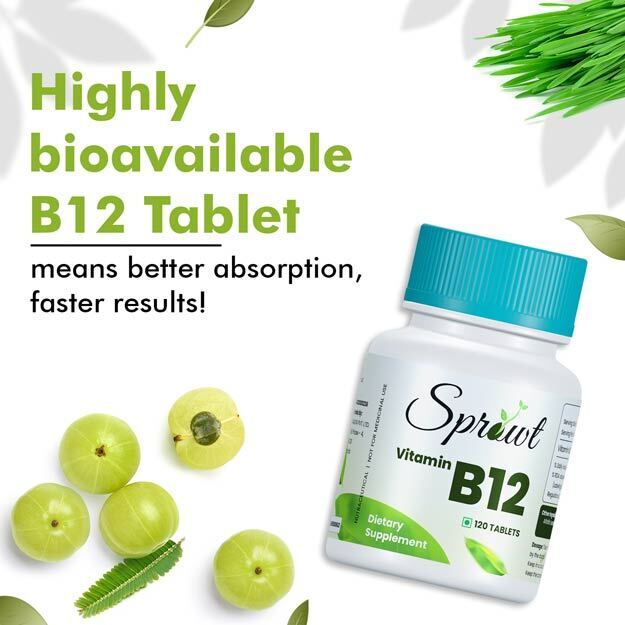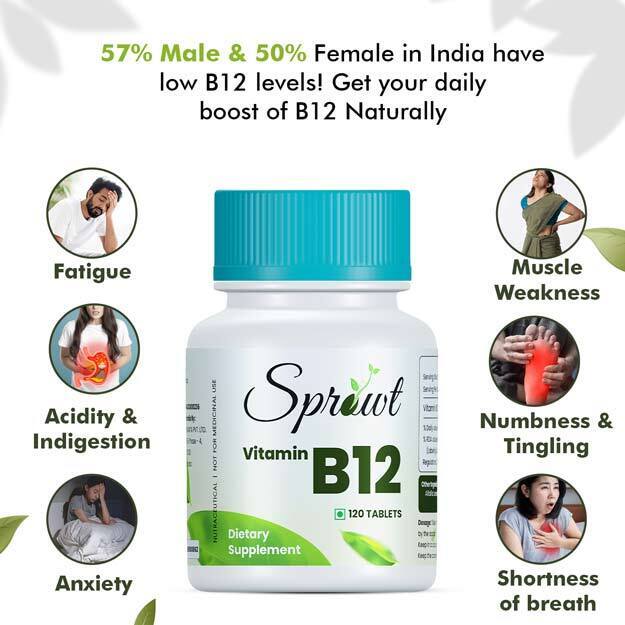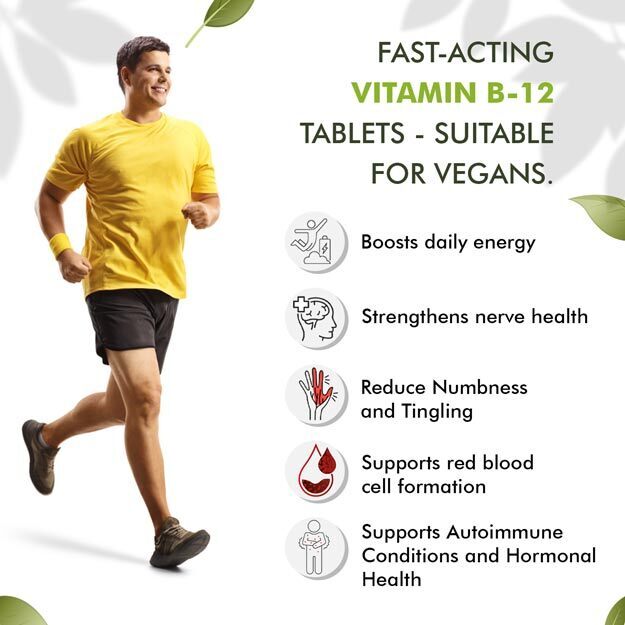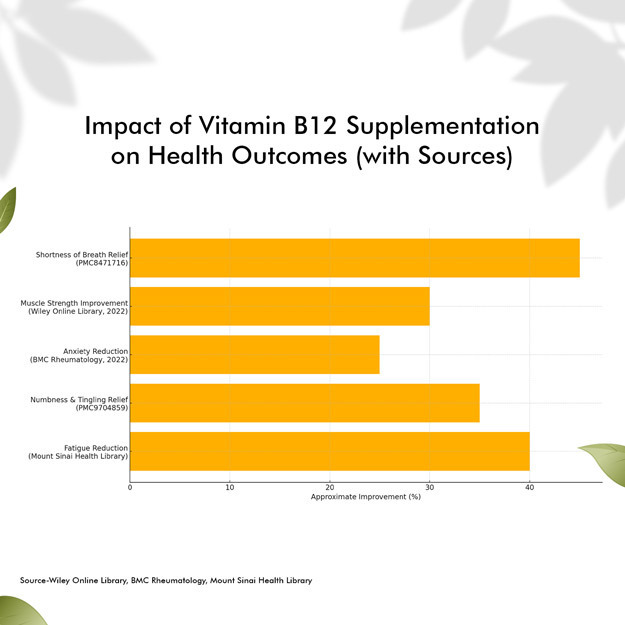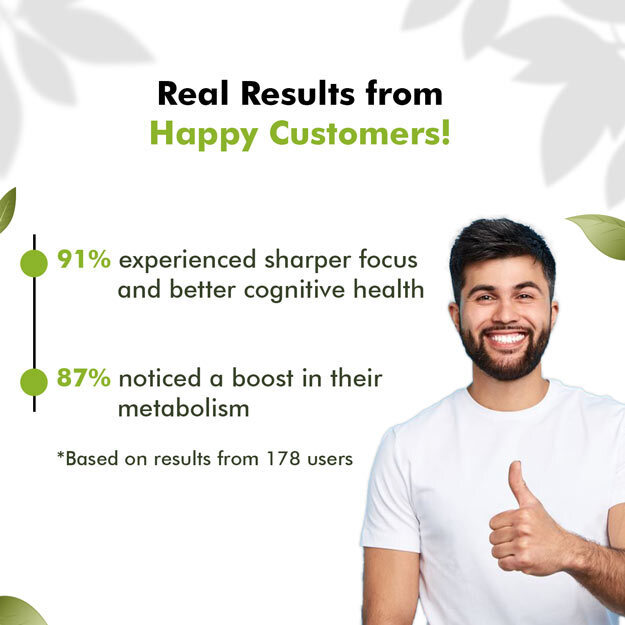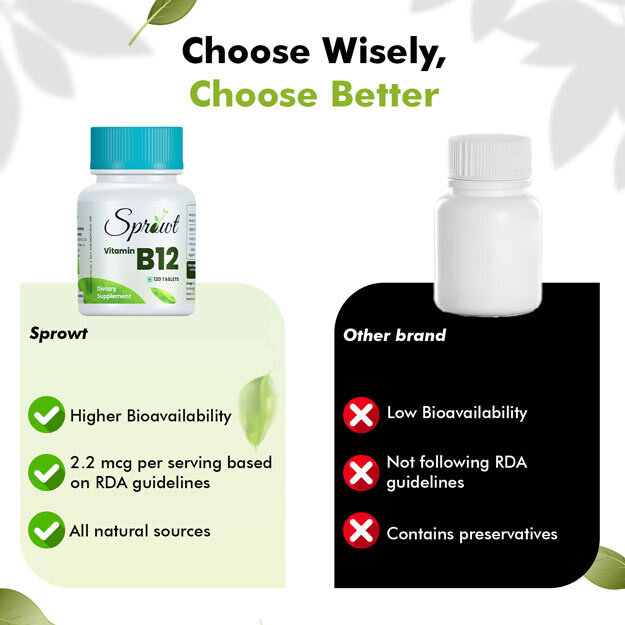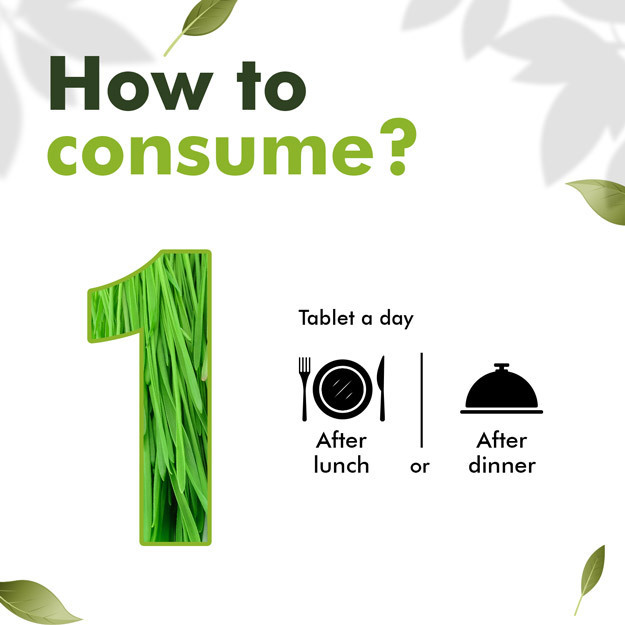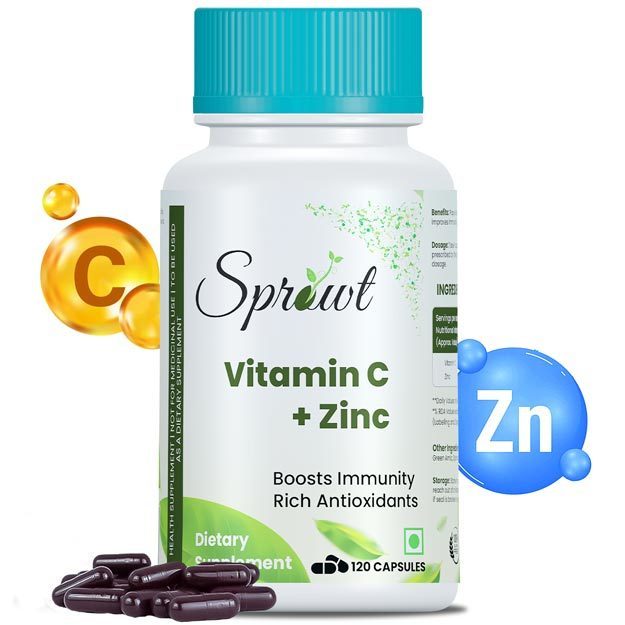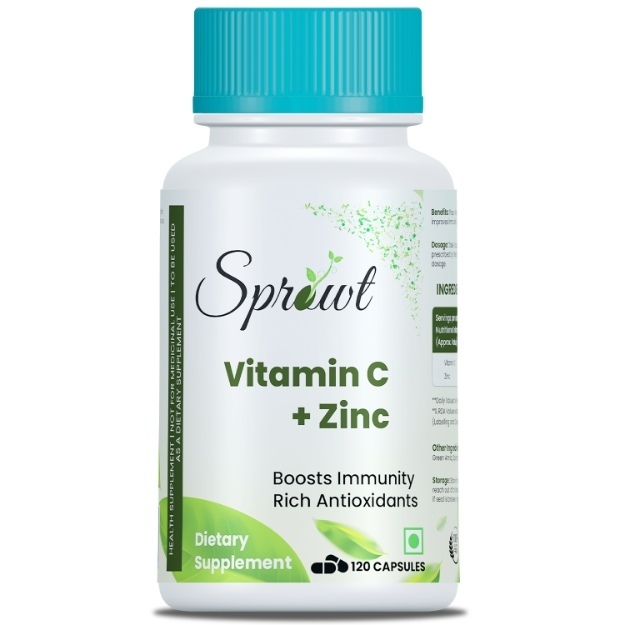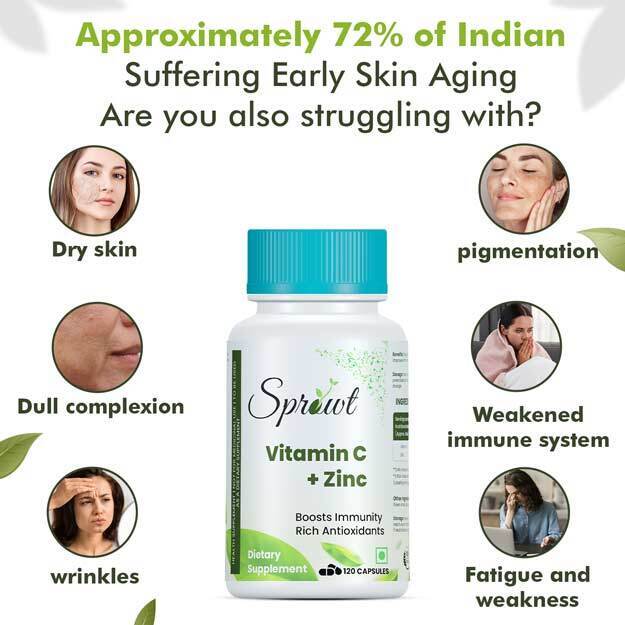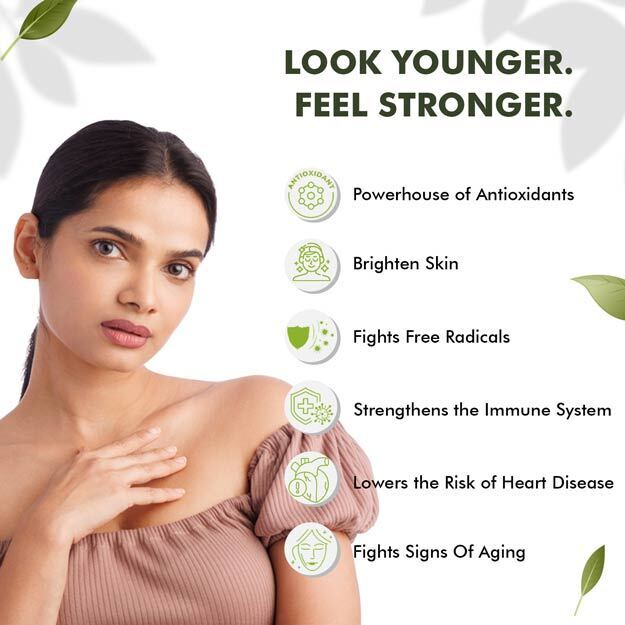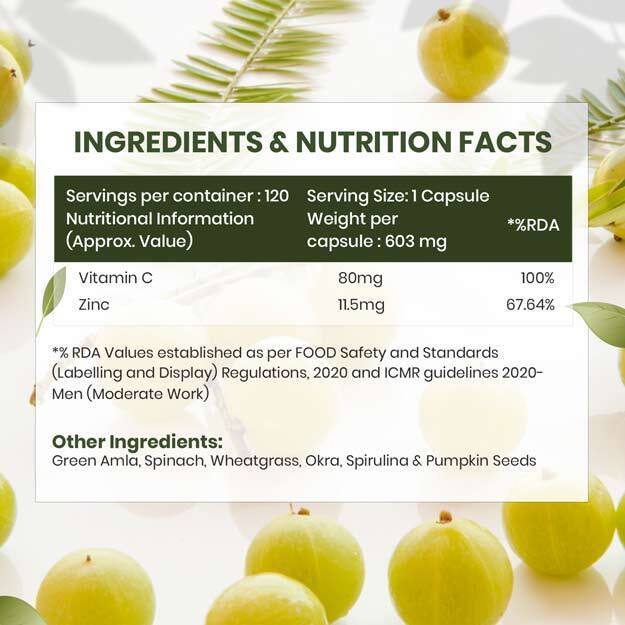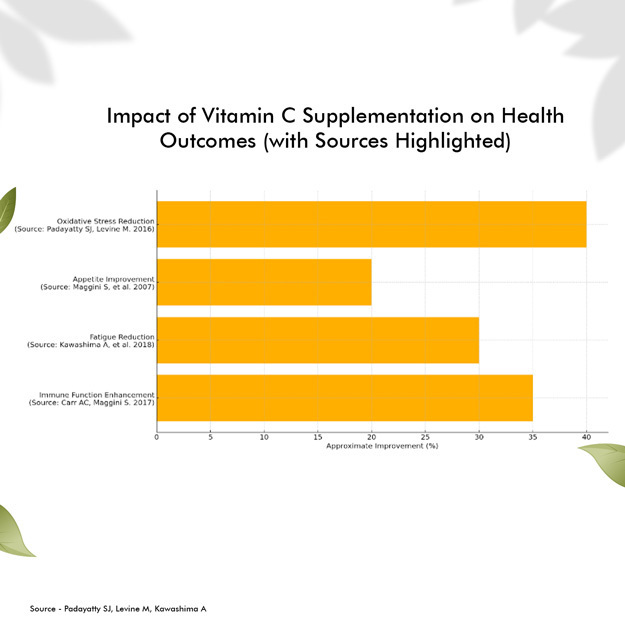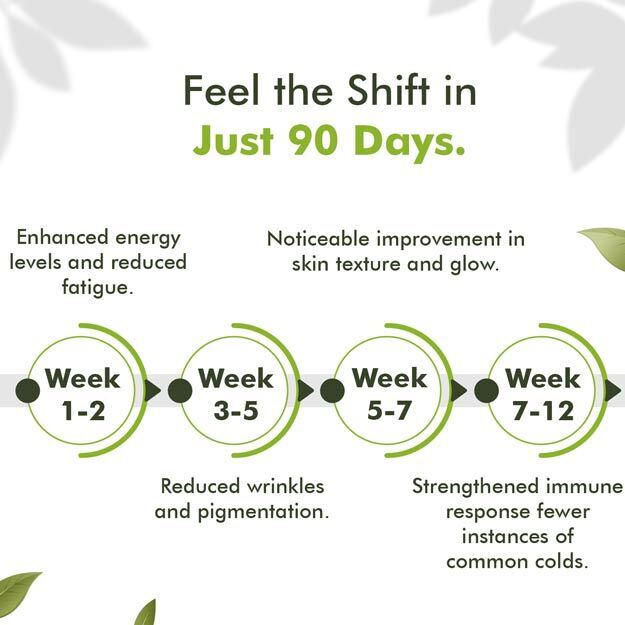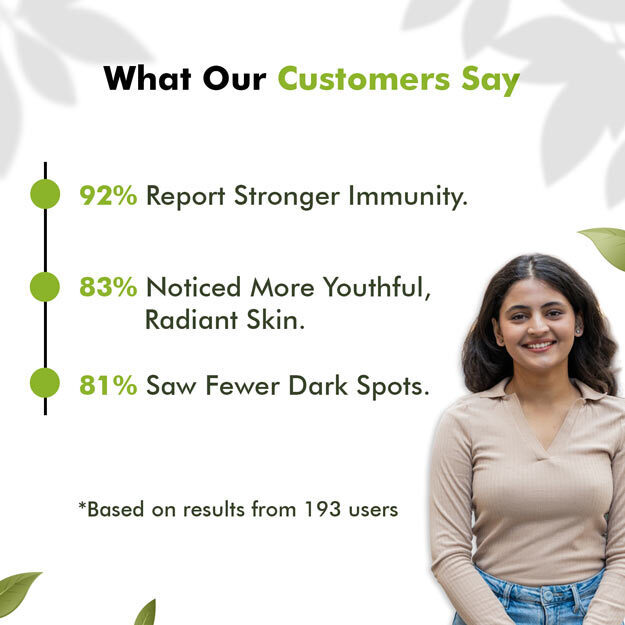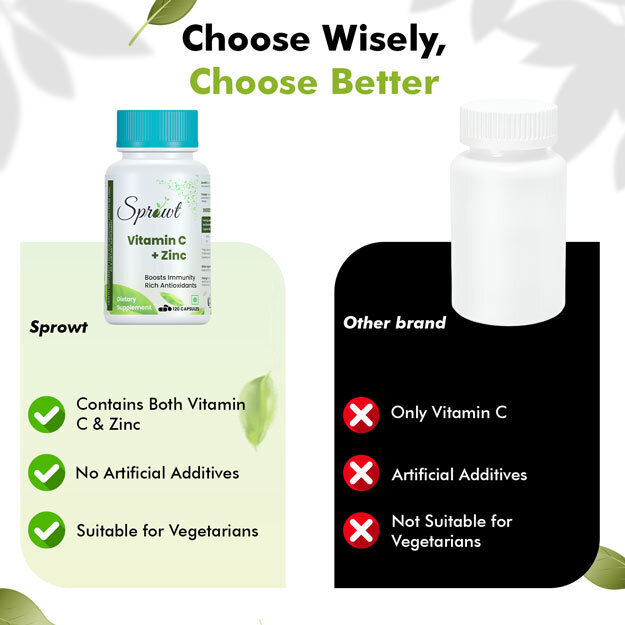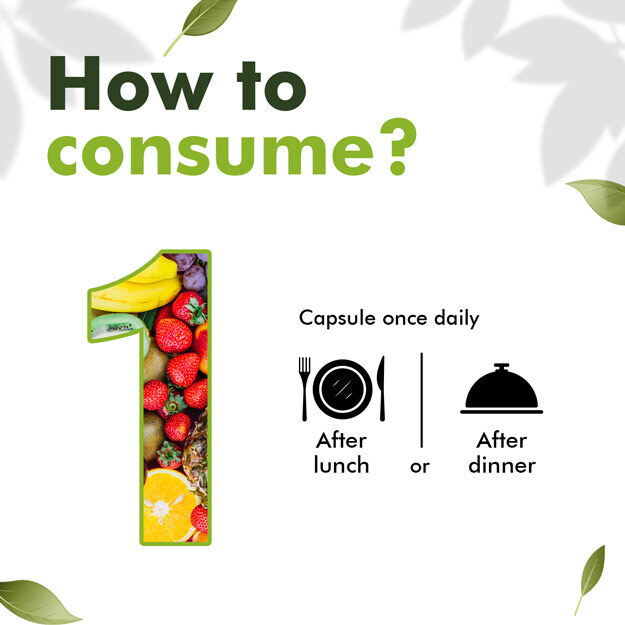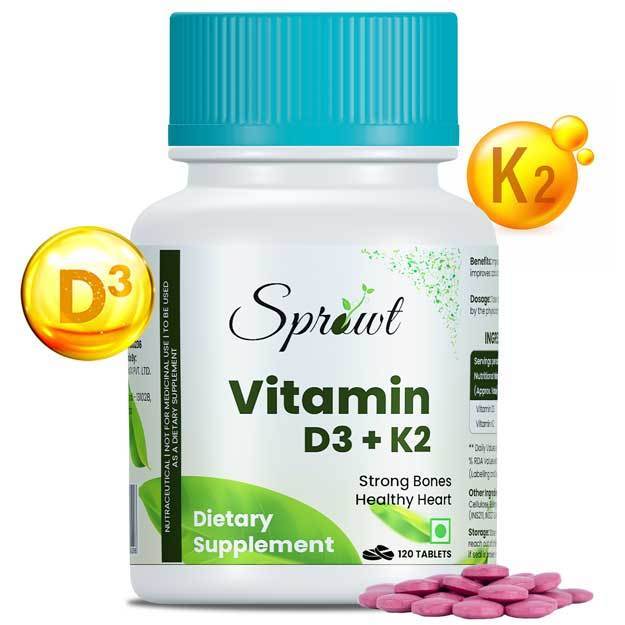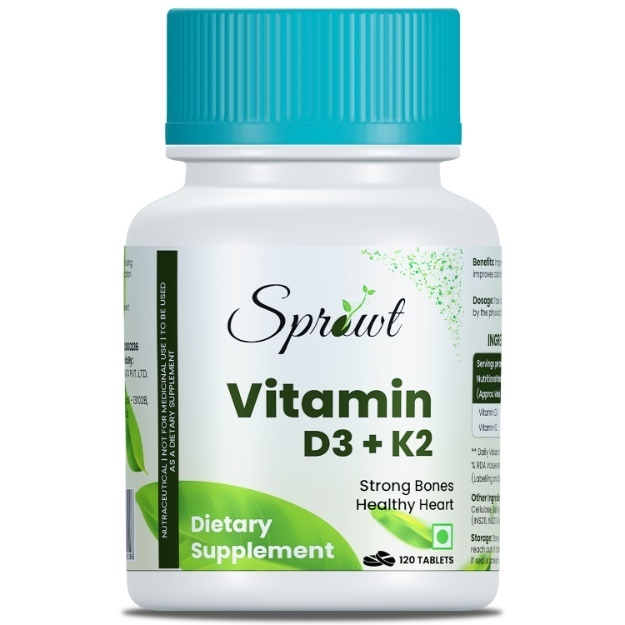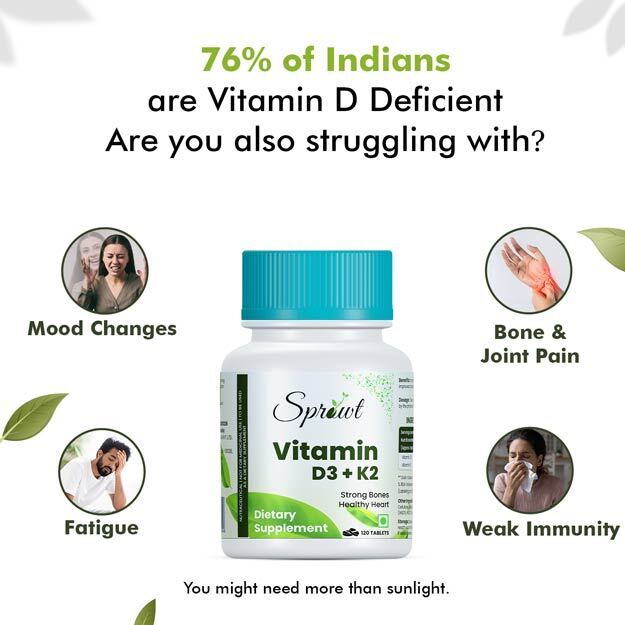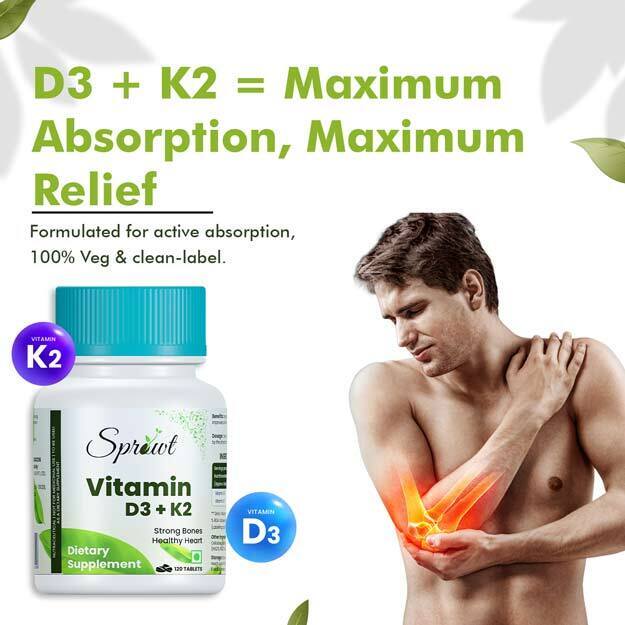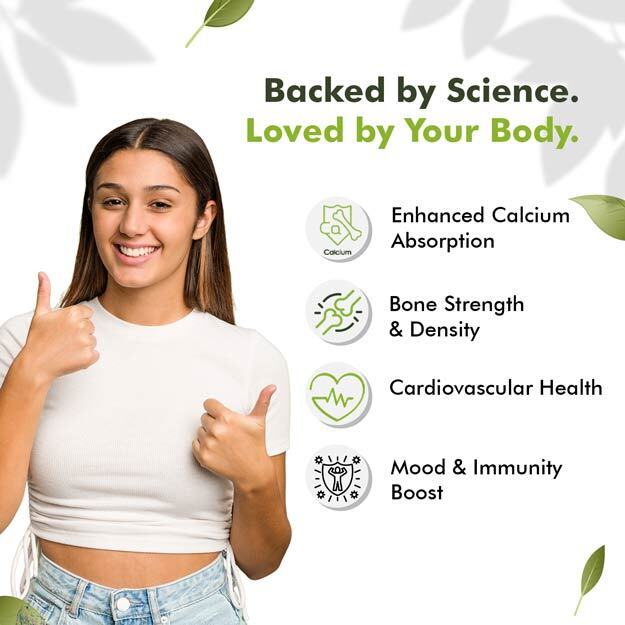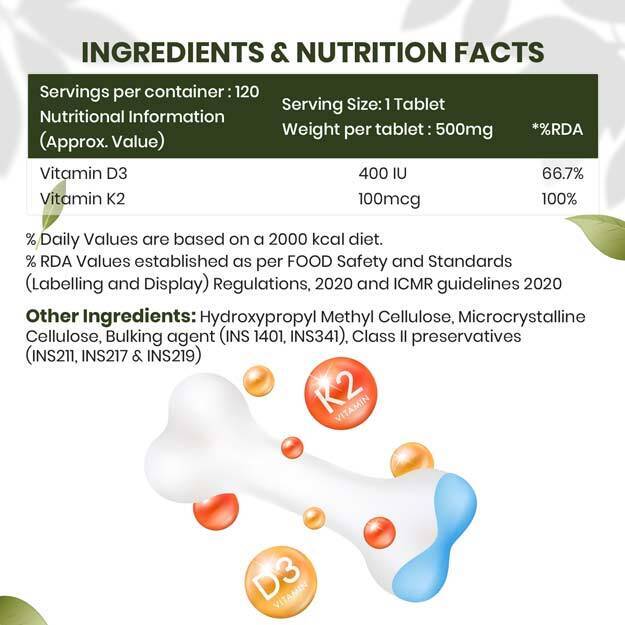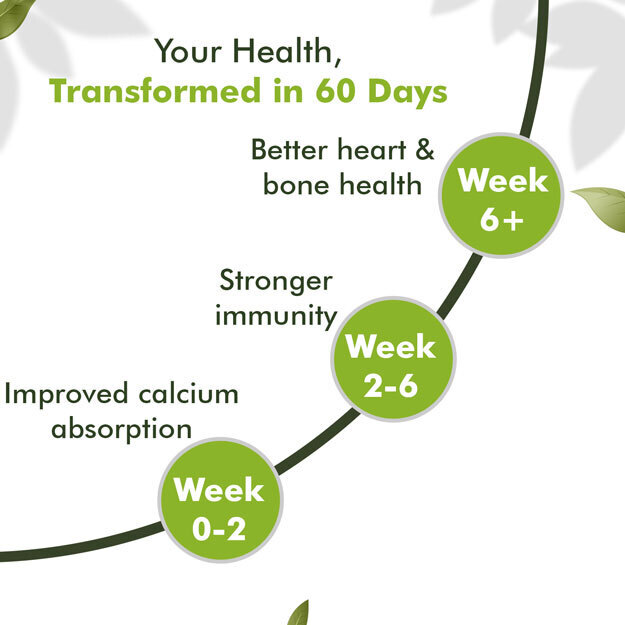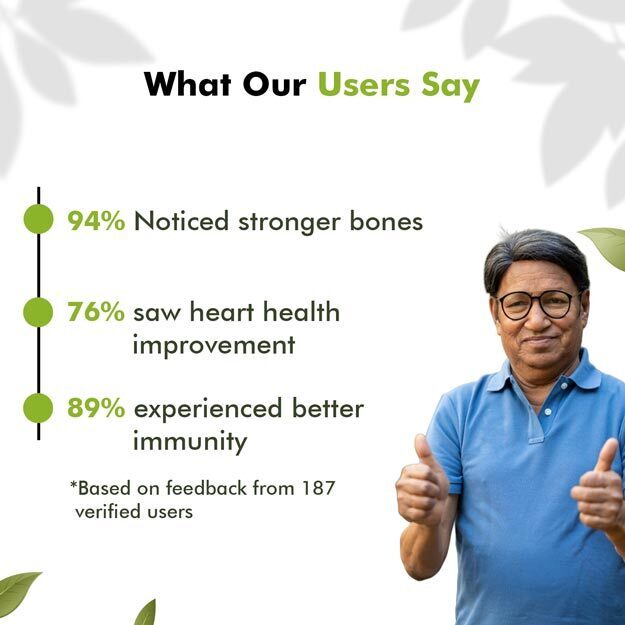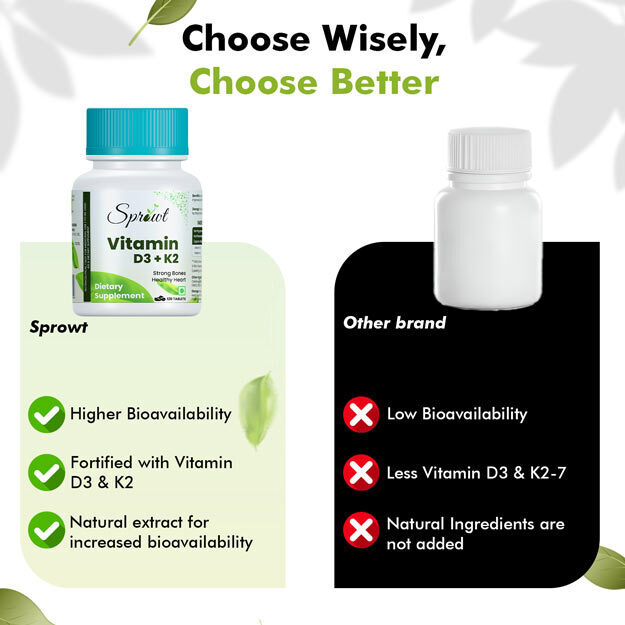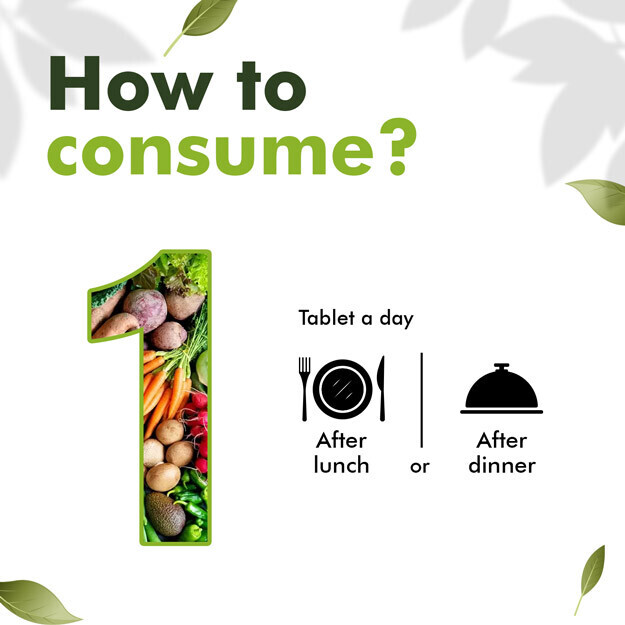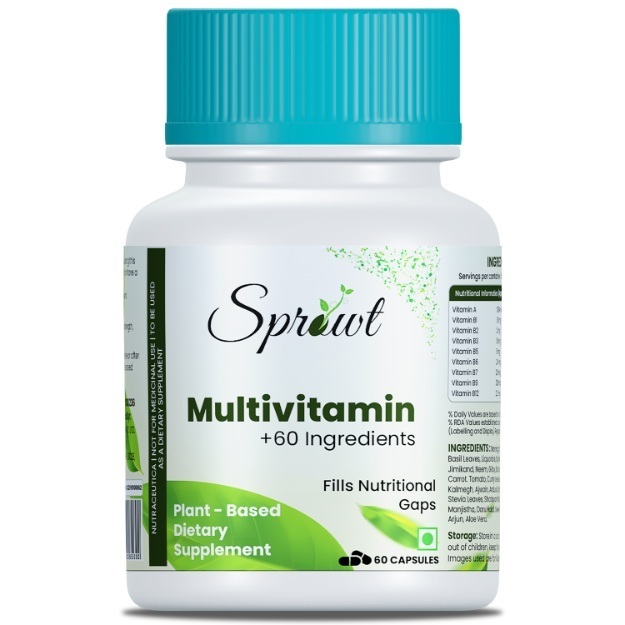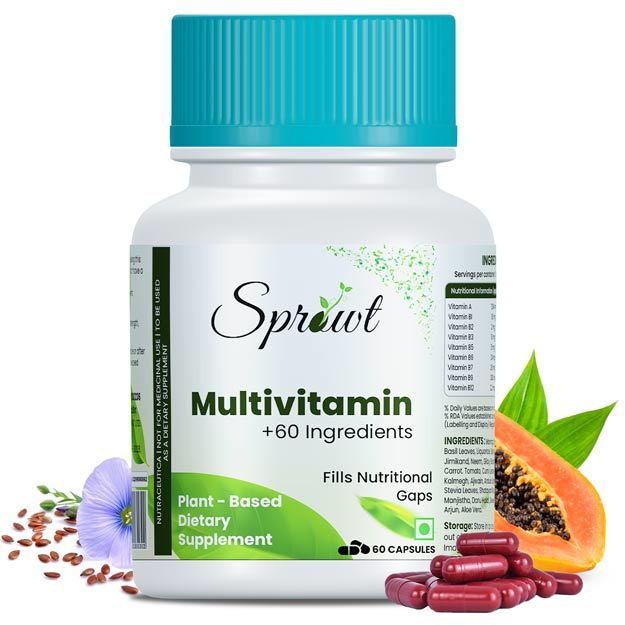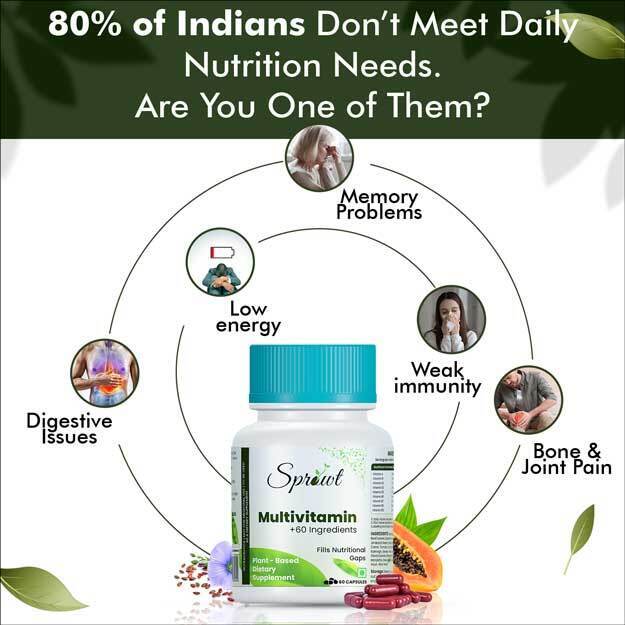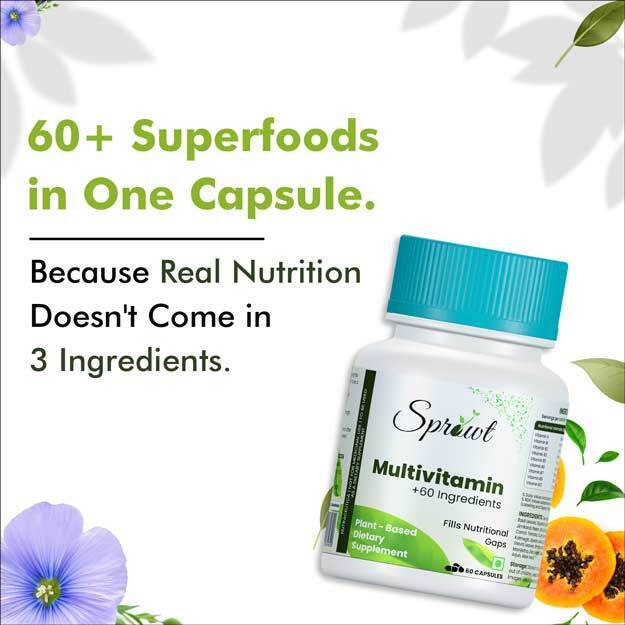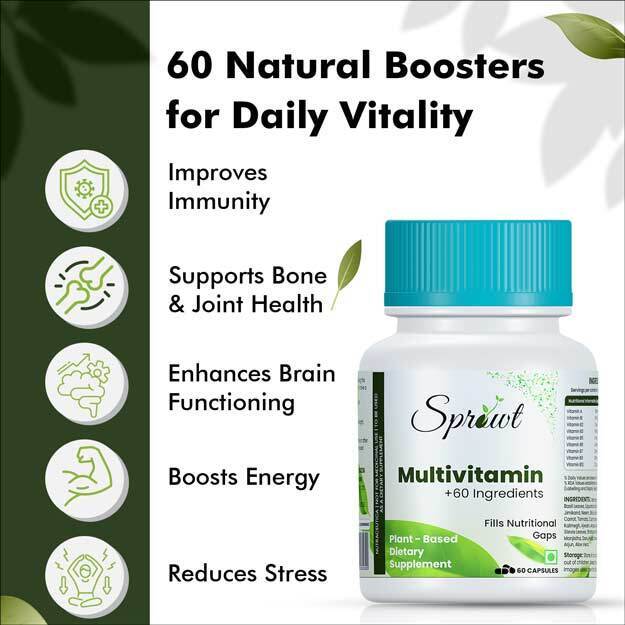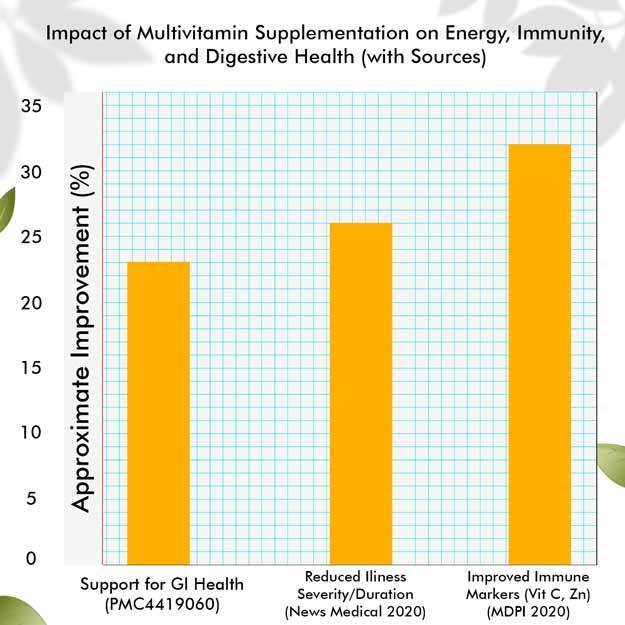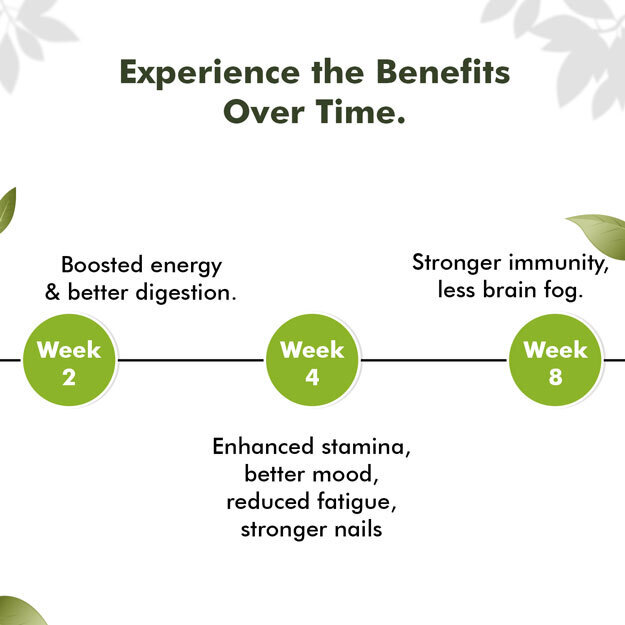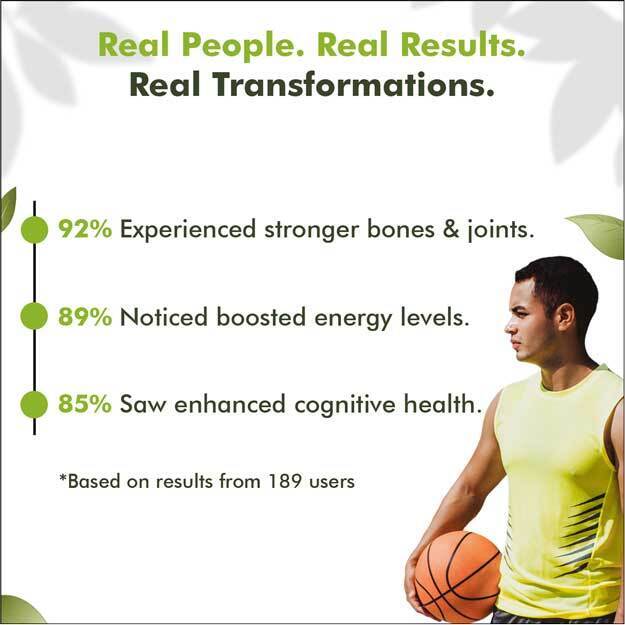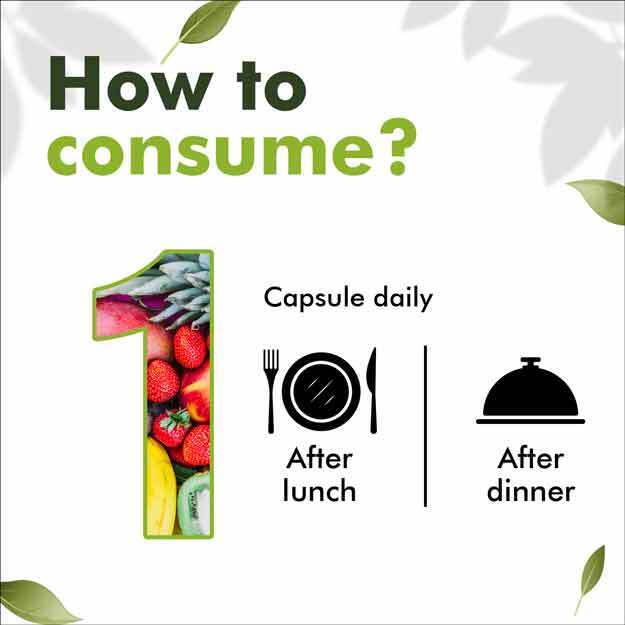Low platelet count is a health disorder in which the platelet count in your blood is lower than normal which is known as thrombocytopenia. Platelets are the smallest of the blood cells. These are blood clot forming cells which are constantly formed and broken down. The normal lifespan of platelets is 5 to 9 days. A healthy person has 150,000 to 450,000 platelets per microliter of blood. When the platelet count is below 150,000 per microliter, it is considered a low platelet count. The presence of platelets in the spleen due to cancer or severe liver diseases, leukemia, certain types of anemia, viral infections, exposure to toxic chemicals, chemotherapy drugs, excessive alcohol consumption, lack of essential vitamins, autoimmune diseases, drug reactions, bacterial infections in the blood, pregnancy can cause low blood platelets.
When the number of platelets is low, one may complain of prolonged bleeding from cuts, bleeding gums or nose, blood in urine or stool, abnormally heavy menstrual periods in women, fatigue and general weakness. Some lifestyle changes and some diet can improve your platelet count rapidly and lead a healthy life. Let's know what to eat to increase the number of platelets.
(Read more - What is normal platelet count)
What To Eat To Increase Platelets?
Foods rich in certain vitamins and minerals can help your body produce and maintain platelets. Although many of these nutrients are available in supplement form, it's best to get them from foods whenever possible.
Benefits Of Folate
Folate is an essential B vitamin for healthy blood cells. Folic acid is the synthetic form of folate. According to the NIH, adults need at least 400 micrograms (mcg) of folate daily, and pregnant women need 600 mcg.
Foods rich in folate or folic acid include -
- Dark leafy green vegetables, such as spinach
- Lentils
- Eggs
- Rice
- Yeast
- Broccoli
However, be careful not to consume too much folic acid from supplements or fortified foods because high levels of it can interfere with the function of vitamin B-12. But eating folate-rich foods is not a problem.
Benefits Of Vitamin B-12
Vitamin B12 is necessary for the formation of red blood cells. Low levels of B-12 in the body can also lead to low platelet count. According to the NIH, people aged 14 and older need 2.4 mcg of vitamin B-12 per day. Pregnant and breastfeeding women need up to 2.8 mcg. Vitamin B-12 is present in animal-based products, including:
- Egg
- Clams
- Trout
- Salmon
- Tuna
- Other fish
Dairy products also contain vitamin B-12, but some research suggests that cow's milk may affect the production of platelets. Vegetarians and vegans can get vitamin B-12 from:
- Fortified cereals
- Fortified dairy alternatives, such as almond milk or soy milk
- Supplements
(Read more - Platelet Count: Procedure, Purpose)
Benefits Of Vitamin C
Vitamin C plays an important role in the function of the immune system. Vitamin C also helps platelets function properly and increases the body's ability to absorb iron, which is another essential nutrient for platelets. Many fruits and vegetables contain vitamin C, including:
- Broccoli
- Brussels sprouts
- Citrus fruits, such as oranges
- Kiwi fruit
- Red and green bell peppers
- Strawberries
Note that heat destroys vitamin C, so it may be best to eat vitamin C-rich foods raw when possible.
Benefits Of Vitamin D
Vitamin D contributes to the proper functioning of bones, muscles, nerves, and the immune system. According to the Platelet Disorders Support Association (PDSA), vitamin D also plays an essential role in the function of bone marrow cells that produce platelets and other blood cells.
The body can make vitamin D through sun exposure, but not everyone gets enough sunlight every day, especially if they live in cold or northern regions. Adults aged 19 to 70 years need 15 mcg of vitamin D per day. Foods rich in vitamin D include -
- Egg yolks
- Fatty fish, such as salmon, tuna and mackerel
- Fish liver oil
- Fortified milk and yogurt
- Vegetarians and vegans can get vitamin D from -
- Fortified breakfast cereals
- Fortified orange juice
- Fortified dairy alternatives, such as soy milk and soy yogurt
- Supplements
(Read more - Dengue platelet count normal range)
Benefits Of Vitamin K
Vitamin K is essential for blood clotting and bone health. According to an informal survey by PDSA, 26.98 percent of people who took vitamin K had increased platelet count and reduced bleeding. The adequate intake of vitamin K for adults 19 years and older is 120 mcg for men and 90 mcg for women. Foods rich in vitamin K include -
- Leafy greens, such as turnip greens and spinach
- Broccoli
- Soybeans and soybean oil
- Pumpkin
(Read more - Ayurvedic Medicine For Low Platelets Count)
Benefits Of Iron-rich Foods
Iron is essential for healthy levels of red blood cells and platelets. Research on children and adolescents with iron deficiency anemia suggests that iron can increase platelet count in people with this problem. According to the NIHT, men over 18 and women over 50 need 8 milligrams (mg) of iron daily, while women between 19 and 50 need 18 mg. Women during pregnancy need 27 mg per day. Iron-rich foods include:
- Oysters
- Fortified breakfast cereals
- White beans and kidney beans
- Dark chocolate
- Lentils
- Tofu
Eat vegetarian sources of iron, such as beans, lentils and tofu, along with a source of vitamin C to increase absorption rates. Avoid eating calcium-rich foods along with iron sources and taking calcium supplements.
(Read more - How Much Blood is in the Human Body?)
Foods To Avoid To Increase Platelets
While some foods can increase your platelet count, others, including certain beverages, can reduce it. Things that can lower your platelet count include:
- Quinine, Which Is Found In Tonic Water
- Alcohol
- Cranberry Juice
- Cow's Milk
(Read more - Exploring the Functions of Plasma - myUpchar)
Summary
When platelets, or clotting cells in the blood, decrease, the body's immune system weakens and the risk of bleeding increases. Certain foods can be included in the diet to increase platelets. Apart from this, drinking enough water and consuming foods rich in vitamin C (such as oranges, lemon) can also be helpful in increasing platelets. By including these foods in your daily diet, the number of platelets can be increased.
Find Hematologist in cities
Doctors for Dietary Solutions for Low Platelets: What To Eat To Increase Platelet Count

Dr. Srikanth M
Hematology
25 Years of Experience


